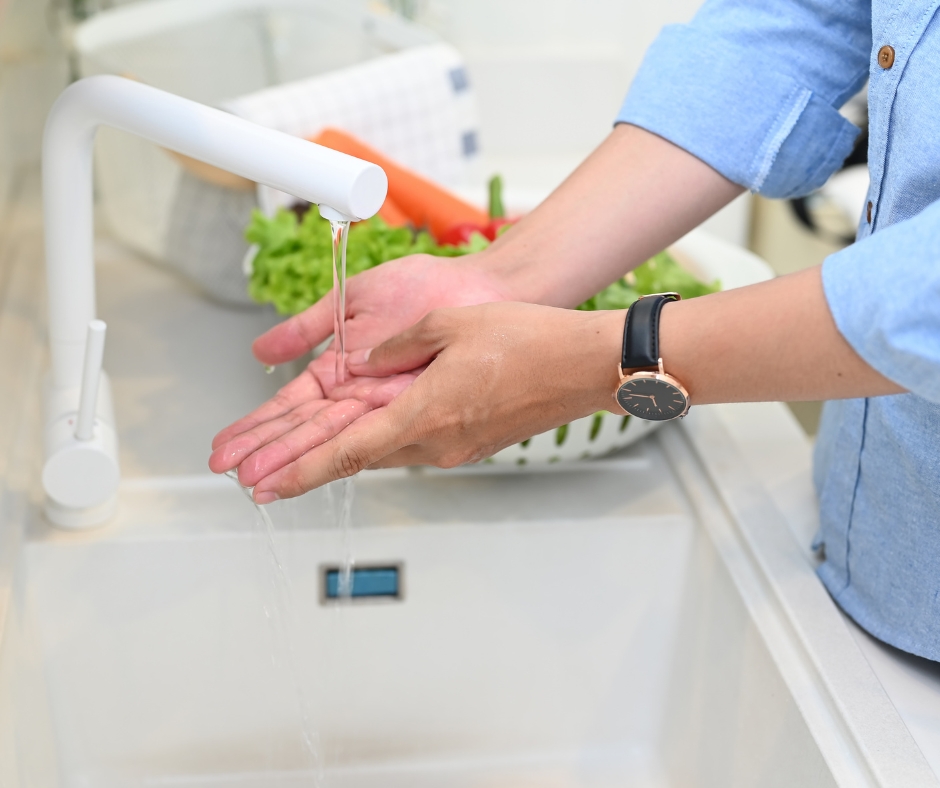Safe Food Production Queensland is supporting a global movement encouraging everyone to play their part to stop the rise of antimicrobial resistance (AMR).
Antimicrobial resistance is when microbes (bacteria) develop the ability to survive despite being exposed to medicine that is designed to kill them, such as antibiotics. It’s a serious problem worldwide and could mean that infectious diseases that are currently treatable might become deadly once again.
Antimicrobial resistance affects all facets of our lives
AMR has seen organisations, including Australia’s CSIRO, come together to create the Minimising AMR Mission and the We all have a hand in minimising AMR campaign. The mission takes a “One Health” approach, which recognises the contribution of humans, animals, plants and the environment on antimicrobial resistance. AMR affects all facets of our lives: from the economy to agriculture, national security, and even our pets.
Antimicrobial resistance and food safety

As the state regulator for food safety in primary production and processing, Safe Food is interested in understanding the effects of AMR in food.
Earlier this year, we participated in a national surveillance study by Food Standards Australia New Zealand (FSANZ) as part of Australia’s National Antimicrobial Resistance Strategy – 2020 and beyond. The objective of the study, which will run over two years, is to investigate the prevalence of AMR bacteria in the food supply chain.
Safe Food collected retail samples of beef, pork, and poultry products from Queensland butchers, while Queensland Health collected samples from large retailers. These samples, along with those collected by other states, will be analysed for Salmonella, Campylobacter, Escherichia coli, and Enterococcus.
A final report of the national findings will be released publicly by FSANZ. These findings can be used to inform policies, undertake risk analysis and make recommendations regarding AMR into the future.
Slowing the rise of antimicrobial resistance
We all need to be conscious of how we can help – or hinder – the fight against AMR.
We can help slow the rise of antimicrobial resistance by:
- thoroughly and regularly washing our hands
- following recommended food preparation and safety guidelines to avoid foodborne pathogens
- avoiding unnecessary use of antiseptic and antibacterial detergents and handwash, which are no more effective than ordinary soap
- ensuring you are up-to-date with all vaccinations recommended for you
- taking prescribed medications as directed, including finishing any course of antibiotics
- keeping your pets healthy and ensuring their vaccinations are also up-to-date
- following biosecurity measures when travelling overseas to avoid bringing pathogens back home.
For more information about the effects of antimicrobial resistance on human health, agriculture, companion animals, the environment, and our economy, visit the CSIRO website.
